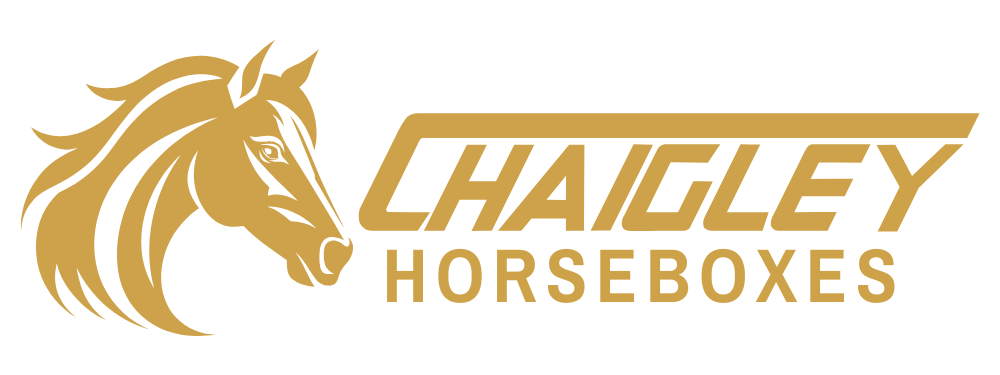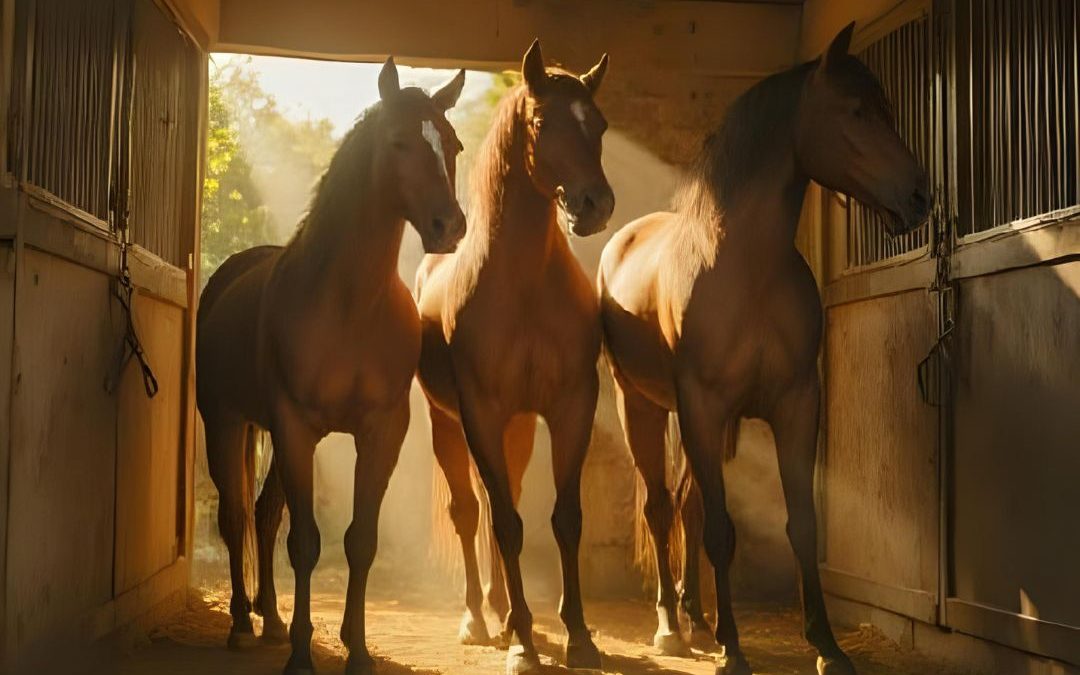The British summer has always brought its own set of challenges for horse owners, but in 2025, things feel especially intense. From climate shifts to rising costs, the way we care for our horses is evolving rapidly.
Here’s a practical look at the key issues facing UK horse owners this summer—and how you can stay one step ahead.
1. 🌡️ Beating the Heat: Managing Extreme Weather
This summer is shaping up to be another scorcher, with longer heatwaves, dry spells, and sudden heavy storms.
What it means for horses:
• Risk of heat stress, dehydration, and sunburn
• Hard ground increases chances of lameness and hoof cracks
What you can do:
• Provide constant shade and fresh water
• Use electrolytes and cool-down techniques like hosing or misting
• Schedule rides for early mornings or late evenings
• Monitor for signs of overheating and lethargy
2. 🦟 Bugged by Insects: The Rise in Bites & Disease
Warm, wet conditions mean flies, midges and ticks are thriving this year—and with them come issues like Sweet Itch, Lymes Disease and more.
Take action:
• Invest in fly rugs, masks, and repellents
• Rotate pastures and clear dung to reduce fly breeding
• Stay alert for signs of skin irritation or unusual behaviour
3. 💸 The Cost of Care Is Climbing
The rising cost of living hasn’t spared the horse world. Feed, bedding, veterinary care, and livery fees are all noticeably higher this summer.
Tips for staying afloat:
- Buy feed and bedding in bulk with other owners if possible
- Reassess your worming and vaccination schedules with your vet to avoid unnecessary treatments
- Look into cost sharing solutions like part loan arrangements or shared transport
4. 🌾 Pasture Problems: Grass Isn’t Always Greener
Alternating droughts and downpours are playing havoc with grazing this year. Grass can be too sparse one minute, and dangerously rich the next.
What to watch:
• Laminitis risk increases after rain following a dry spell
• Some pastures are overgrazed, leading to poor nutrition
Solutions:
• Use grazing muzzles and track systems to control intake
• Supplement with tested forage if grass is poor
• Consider rotating turnout or using a sacrifice paddock
5. 🐴 Health Alerts: Keeping Your Horse Safe
Cases of Strangles, Equine Influenza and Equine Grass Sickness have risen in some regions.
Biosecurity has become even more essential.
Steps to stay secure:
• Keep up-to-date with vaccinations
• Quarantine new arrivals or horses returning from events
• Avoid sharing tack or grooming tools between horses
6. 🚛 Moving with Caution: Transport & Event Risks
Summer is show season, but increased movement of horses raises the risk of infectious disease spread.
Checklist before travelling:
• Clean and disinfect your trailer or horsebox
• Pack individual water buckets, tack, and grooming kits
• Check for pre-entry health requirements at events
7. 🌱 Space to Roam: The Grazing Land Crunch
Access to land is becoming tighter as more spaces are converted for development or rewilding.
What can help:
• Explore shared grazing agreements with other owners
• Look into conservation grazing schemes
• Embrace low-impact horse keeping that protects the land and supports biodiversity
8. 📱 Digital Tools Are Your Summer Ally
From tracking hydration and turnout times to logging health records, tech-savvy yards are on the rise.
Top tools include:
• Yard management apps (e.g. Equilab, HorseLogs)
• Smart sensors for water troughs and stable temperature
• Digital weight tapes and feed calculators
Final Thoughts
2025 is demanding more from UK horse owners—but with a proactive approach and a bit of tech, we can meet the moment. Whether it’s preparing for heatwaves, staying ahead of parasites, or managing rising costs, small changes can make a big difference to your horse’s comfort and wellbeing.
This article was curated with help from The Horse Life team
Free Horsebox Advice
If you need any help or advice from the Chaigley Team

Chaigley horseboxes
Unit 1 Deveron Mill, Meadow Street, Great Harwood, Lancashire BB6 7EJ
Opening Hours
M-F: 8am – 6pm
chaigleyhorseboxes@gmail.com
Phone
07977 334928 or 07974 184934

